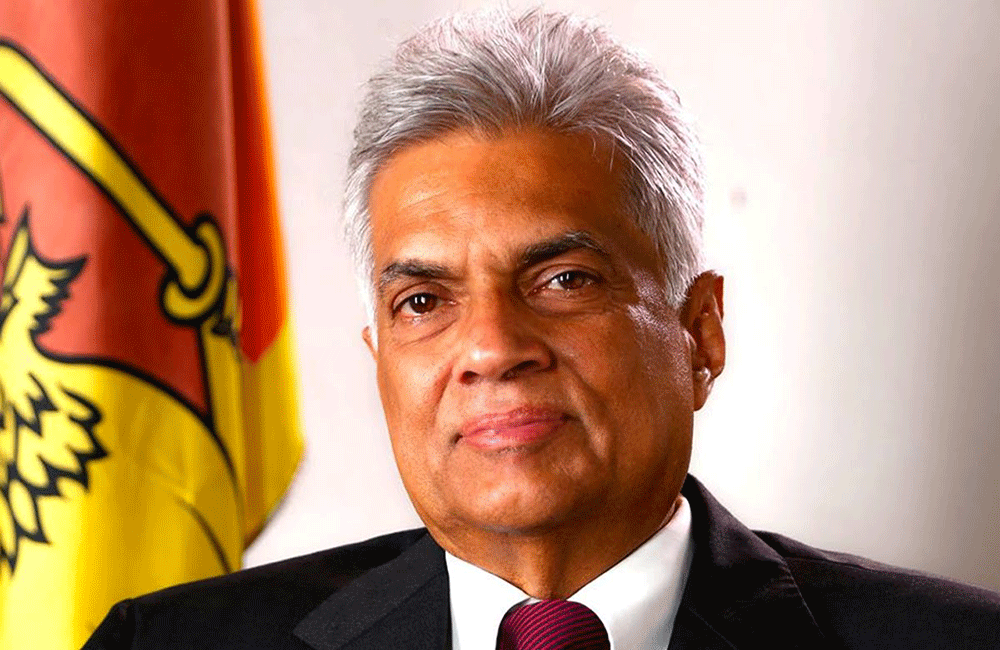Since the passage of the 19th Amendment, the President no longer has the power to remove the Prime Minister at his discretion, the legal fraternity has opined in the wake of the controversial removal of Prime Minister Ranil Wickremesinghe.
According to them, Article 42(4) of the Constitution provides for the appointment of the Prime Minister as follows:
The President shall appoint as Prime Minister the Member of Parliament, who, in the President’s opinion, is most likely to command the confidence of Parliament.
Upon the Prime Minister being appointed,Article 46(2) of the Constitution provides that:
The Prime Minister shall continue to hold office throughout the period during which the Cabinet of Ministers continues to function under the provisions of the Constitution unless he -
(a) resigns his office by a writing under his hand addressed to the President; or
(b) ceases to be a Member of Parliament.
The Cabinet of Ministers will continue to function unless it is dissolved in terms of Article 48(2) of the Constitution:
If Parliament rejects the Statement of Government Policy or the Appropriation Bill or passes a vote of no-confidence in the Government, the Cabinet of Ministers shall stand dissolved, and the President shall, unless he has in the exercise of his powers under Article 70, dissolved Parliament, appoint a Prime Minister, Ministers of the Cabinet of Ministers, Ministers who are not members of the Cabinet of Ministers and Deputy Ministers in terms of Articles 42, 43, 44 and 45.
Therefore, once a Prime Minister is appointed, his office is vacated only if he dies, resigns, ceases to be a Member of Parliament, or if Cabinet stands dissolved in the event Parliament rejects the Statement of Government Policy or the Appropriation Bill or passes a vote of no-confidence in the Government.
In the absence of these specified circumstances the Office of Prime Minister does not become vacant, and as such no other Member of Parliament can be sworn in as Prime Minister.
With regard to National Governments,Article 46(4) of the Constitution provides that:
Notwithstanding anything contained in paragraph (1) of this Article, where the recognized political party or the independent group which obtains highest number of seats in Parliament forms a National Government, the number of Ministers in the Cabinet of Ministers, the number of Ministers who are not Cabinet of Ministers and the number of Deputy Ministers shall be determined by Parliament.
Thus, the only difference in a National Government is that the number of Ministries can be increased by Parliament. If a coalition ceases to exist the only consequence will be that the number of Ministries must revert to the Constitutionally mandated norm {Article 46(1)}.
Even if a National Government (coalition) ceases to exist, such does not have any impact on the continuity of the Cabinet of Minister. Article 46(4) makes no provision for the dissolution of Cabinet (unlike Article 48(2)).
It is clear that the Constitution seeks to vest Parliament, and no other, with the power to determine the fate of the Government / continuity of Cabinet.
Hence, Article 43(3) of the Constitution dealing with subjects and functions provides that:
The President may at any time change the assignment of subjects and functions and the composition of the Cabinet of Ministers. Such changes shall not affect the continuity of the Cabinet of Ministers and the continuity of its responsibility to Parliament.

Leave your comments
Login to post a comment
Post comment as a guest